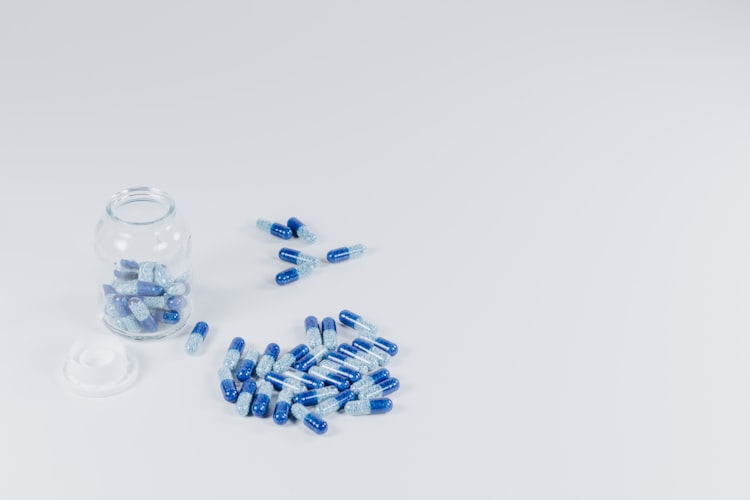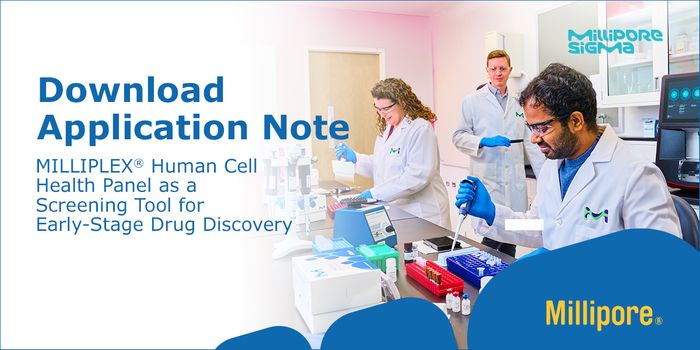Investigational Drug Reverses High Cholesterol and Non-Alcoholic Fatty Liver Disease
A novel molecular pathway was recently discovered for an enzyme inhibitor in humans that is implicated in the development of high cholesterol and nonalcoholic fatty liver disease. Such conditions were found to be reversed in a mouse model using an investigational oral drug. The drug is known as TM5614 and is reported in a new research study to impede the actions of a multifunctional protein in the body known as plasminogen activator inhibitor 1, or PAI-1.
"High blood levels of PAI-1 are a hallmark of obesity, type 2 diabetes and metabolic syndrome, a cluster of risk factors for obesity-related diseases," said the study's lead researcher, Joshua Levine, M.D., Ph.D., an endocrinology fellow at Northwestern.
Learn more about non-alcoholic fatty liver disease:
The study was conducted based on findings that individuals who inherited a loss-of-function mutation in the gene that codes for PAI-1 have developed lower fasting insulin levels than those with unaffected relatives and appear protected from developing diabetes. Therefore, researchers were curious to see if blocking PAI-1 could reverse diet-induced obesity and its related health problems.
Specifically, the study investigated induced obesity in mice by feeding them a high-fat, high-sugar mice chow equivalent to fast food. Mice were then treated with the PAI-1 inhibitor TM5614. Results showed that after a week of treatment, the mice had improved fasting levels of blood sugar, insulin and LDL, or "bad" cholesterol, in compassion to untreated mice. Additionally, treated mice exhibited a "remarkable" reduction in fatty liver disease.
Learn more about LDL, “bad” cholesterol:
"This is important because PCSK9 inhibitors are the newest drug therapy available for the treatment of high cholesterol for people who do not benefit enough from statin cholesterol-lowering medicines or cannot tolerate statins," Levine said. "However, the high cost of these drugs limits their use, and they are injections, rather than pills. The drug may eventually become a less expensive and easier alternative to PCSK9 inhibitors."
Source: The Endocrine Society









